For about 10 years now, SUA and RECODA have had a fruitful formal collaboration. the MoU Steering Committee Meeting was held at RECODA Site Office in Morogoro (Photo 1).

Photo 1: SUA-RECODA MoU Steering Committee members at RECODA Office, Morogoro

Photo 2: Prof. S.J. Kabote (CSSH Principal, from SUA), center, was the Chairperson of the meeting. Chairpersonship is done in rotation, i.e. the next meeting will be chaired by RECODA
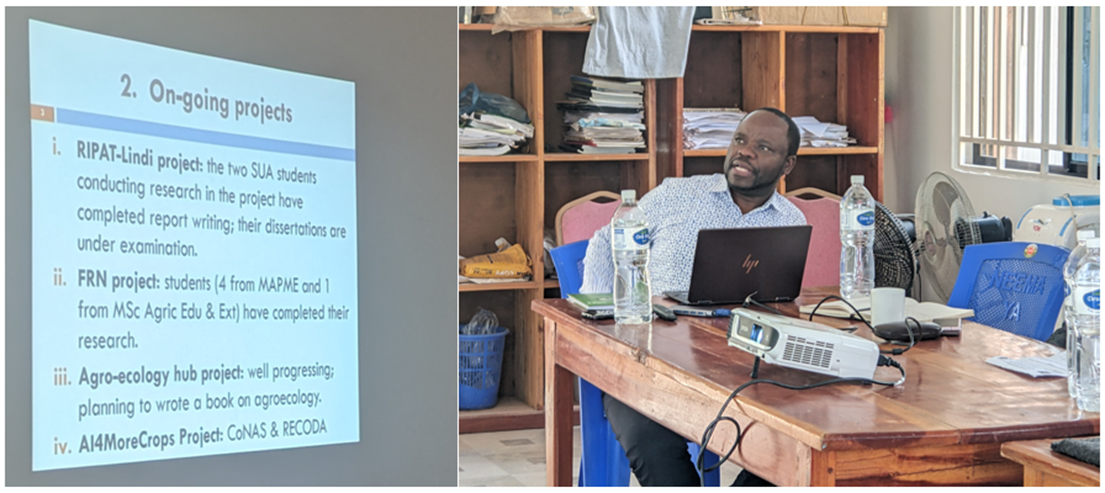
Photo 3: Dr. E.T. Malisa, the Coordinator of the MoU, presenting the MoU progress for the past one year
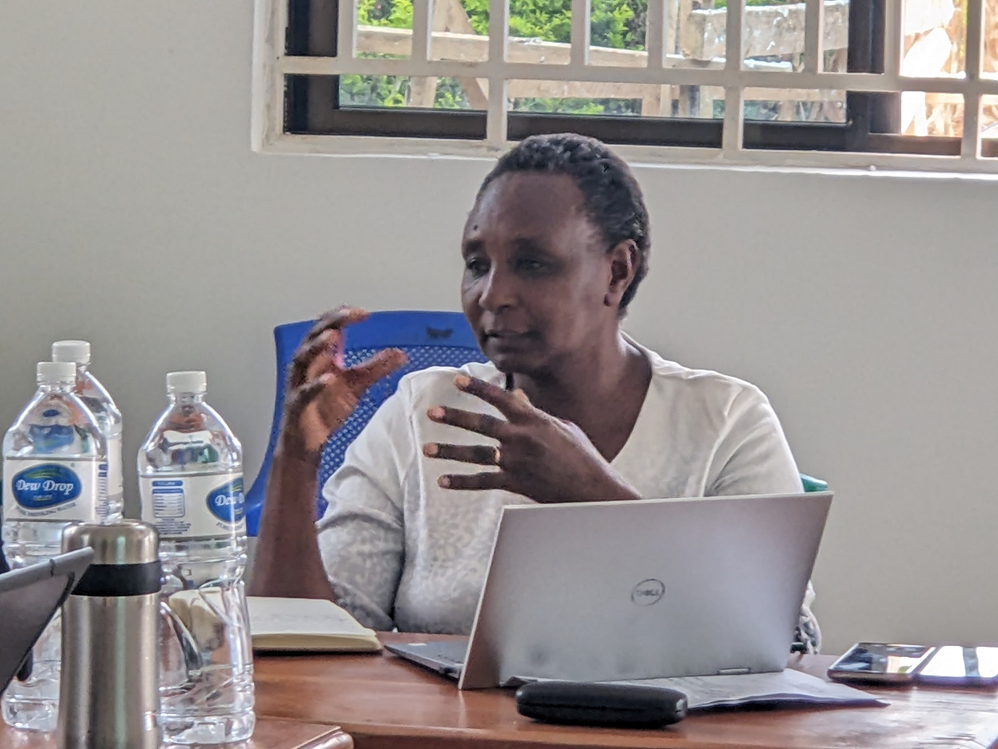 Photo 4: Director of RECODA, Ms. Josephine Ng’ang’a, contributing to a discussion at the meeting. She explained about the future plans for the RIPAT Lindi project, emphasizing on production of a policy brief as per the project plans.
Photo 4: Director of RECODA, Ms. Josephine Ng’ang’a, contributing to a discussion at the meeting. She explained about the future plans for the RIPAT Lindi project, emphasizing on production of a policy brief as per the project plans.
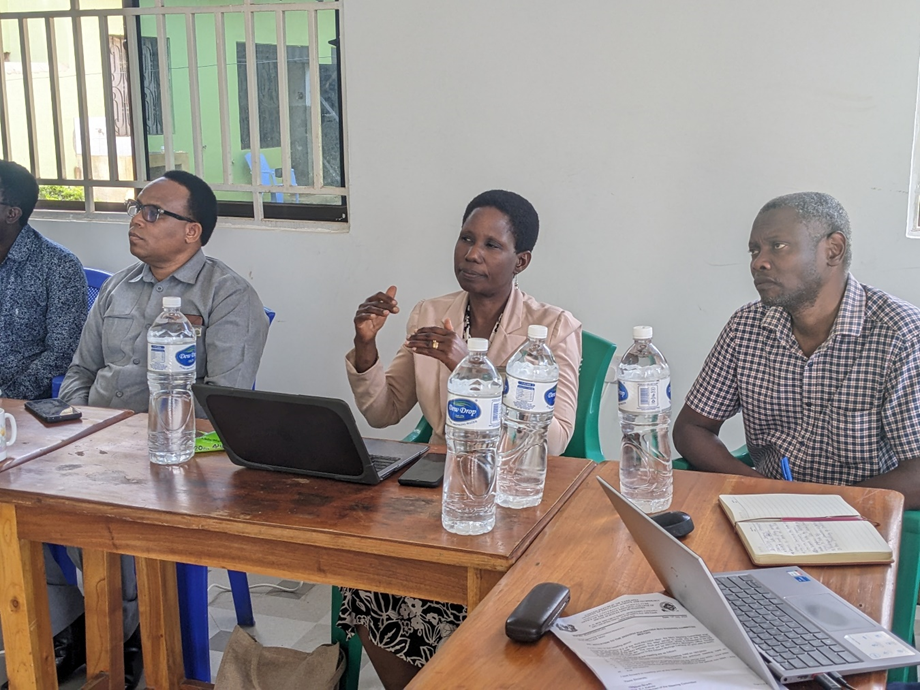 Photo 5: Dr. Suzana S. Nyanda, center, explaining the progress made regarding the on-going research in the RIPAT-Lindi project.
Photo 5: Dr. Suzana S. Nyanda, center, explaining the progress made regarding the on-going research in the RIPAT-Lindi project.
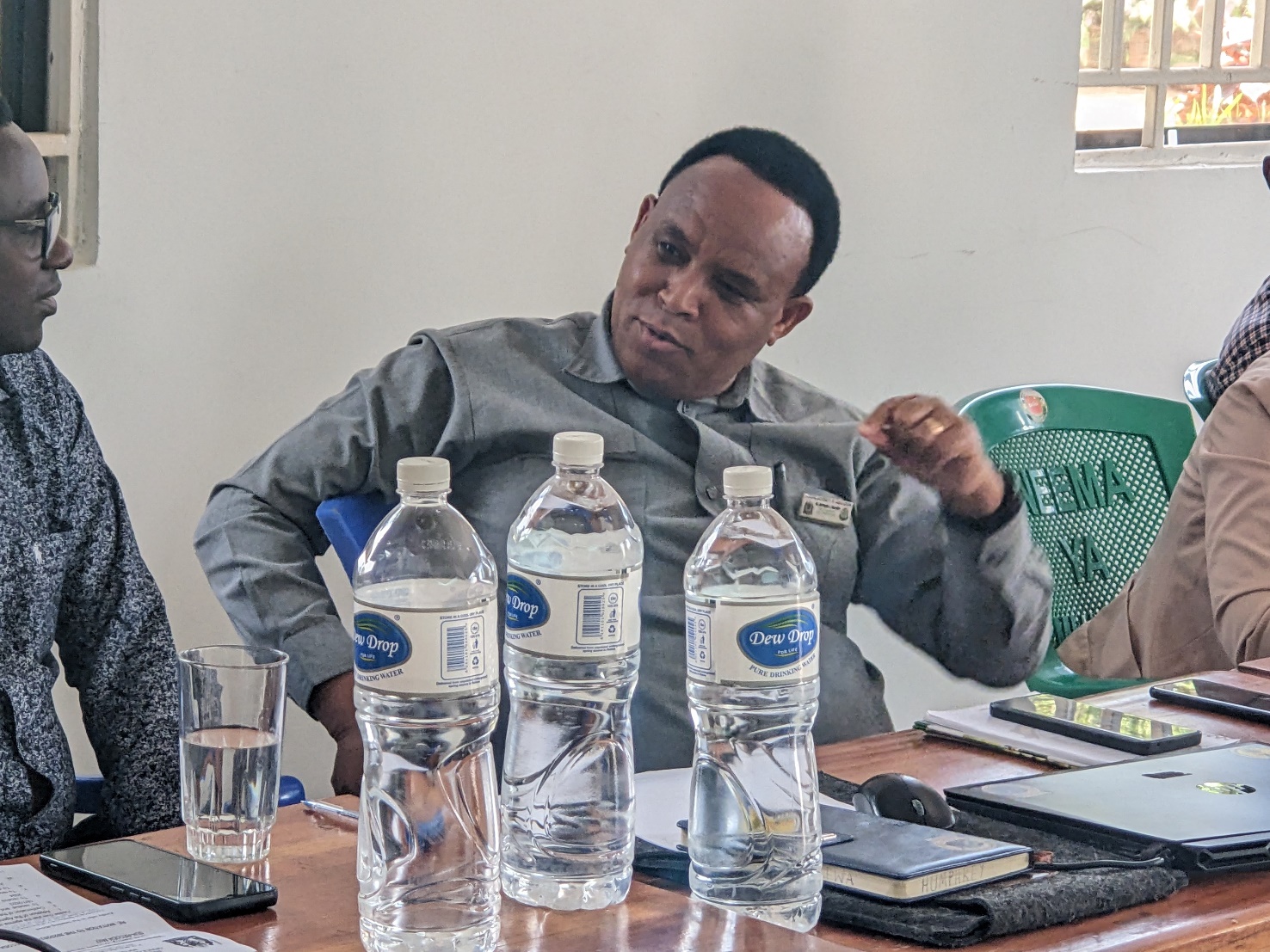
Photo 6: Dr. R.J. Salanga contributing on RIPAT advocacy. He was of the opinion that the top leaders of the ruling party are informed about successes registered through RIPAT, and the party shares the same with relevant top authorities in the central government.
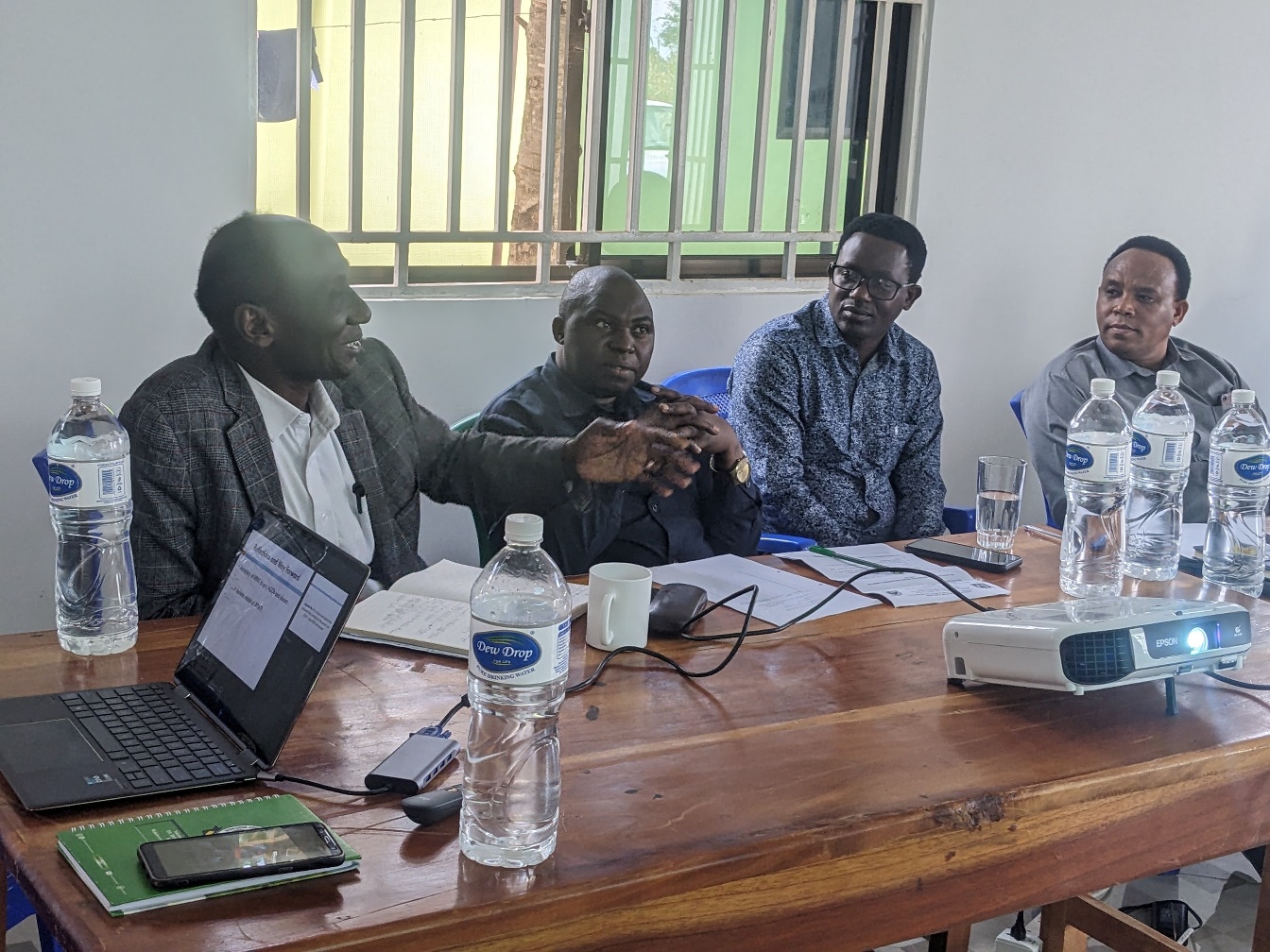
Photo 7: Dr. D.E. Ringo (the former Director of RECODA), left, explaining about the jointly organized seminar on RIPAT approach to SUA students, which in 2023/2024 academic year reached 7 degree programmes at SUA, namely MAPME, MARD, BRD, BADPM, RAM, Agric Gen and Horticulture.
Adjourning the meeting, the Chairperson encouraged members to actively participate in implementing the endorsed future activities. He also commended RECODA for establishing a site office in Morogoro, in close proximity to Sokoine University of Agriculture. In her closing remarks, Ms. Josephine, Director of RECODA, highlighted that the office’s strategic proximity to the University is intended to facilitate ongoing and future collaborations between RECODA and SUA.
The next meeting, chaired by RECODA, is scheduled for July 2025
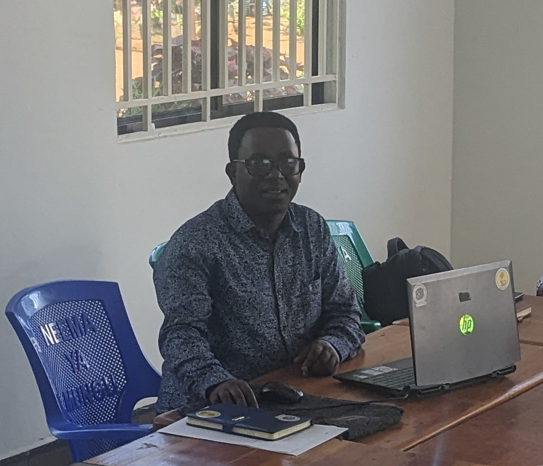
Mr. Humprey Chilewa, RECODA’s Team Leader, elaborating the methodology that the 17 years of RIPAT evaluation embraced. It involved direct observation, consultations with farmers, government extension officers, SUA staff and students, and RECODA staff. It also involved visiting other organizations implementing the RIPAT approach and review of relevant documents.
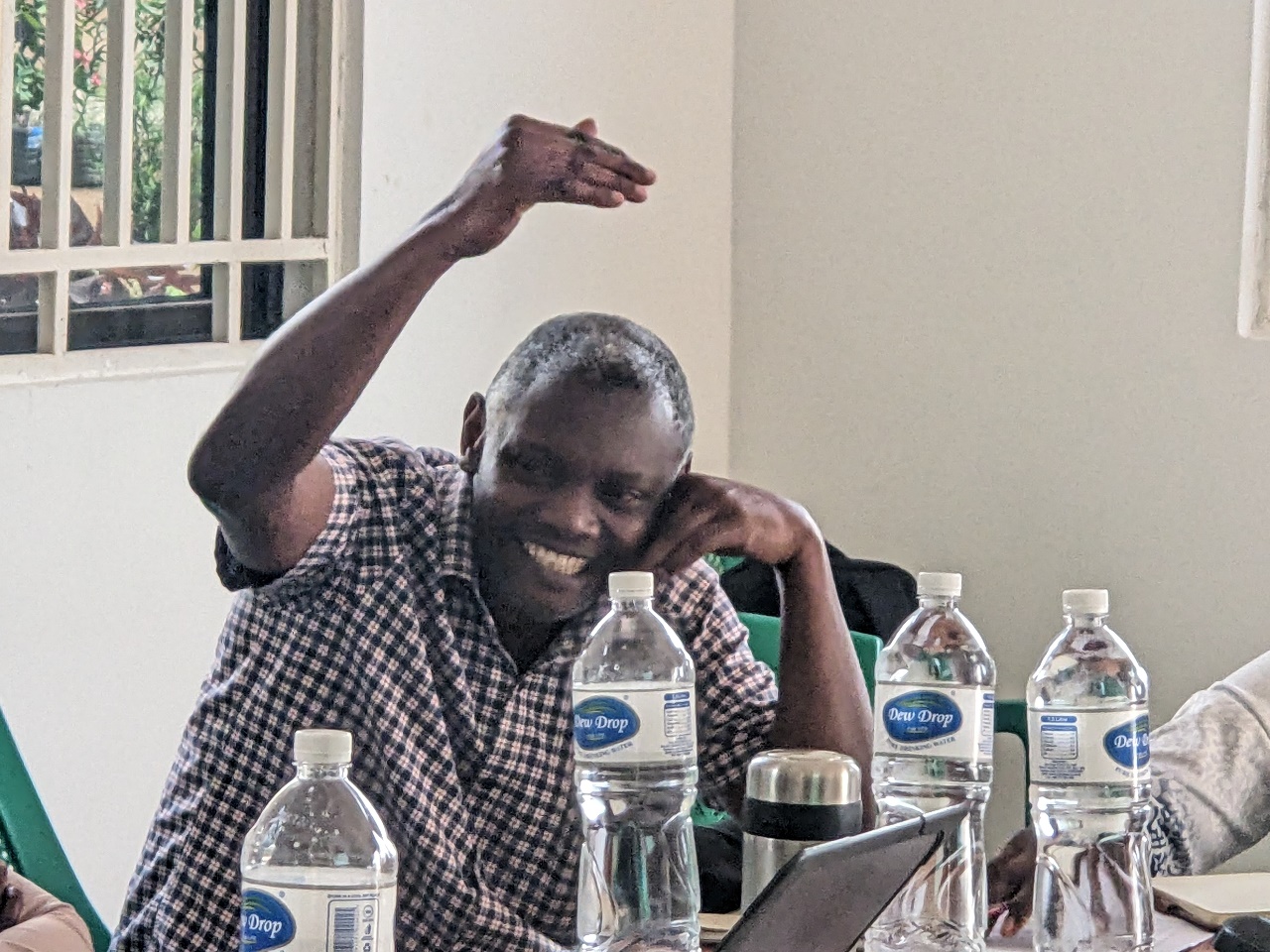
Commenting on advocacy of the RIPAT approach, Prof. Christopher Mahonge suggested that we ensure documenting the process the RIPAT advocacy has gone through. Regarding joint projects, Prof. Mahonge advised that the CSSH considers engaging a person or a committee at college level to work towards identifying funding calls as one of their main duties.




